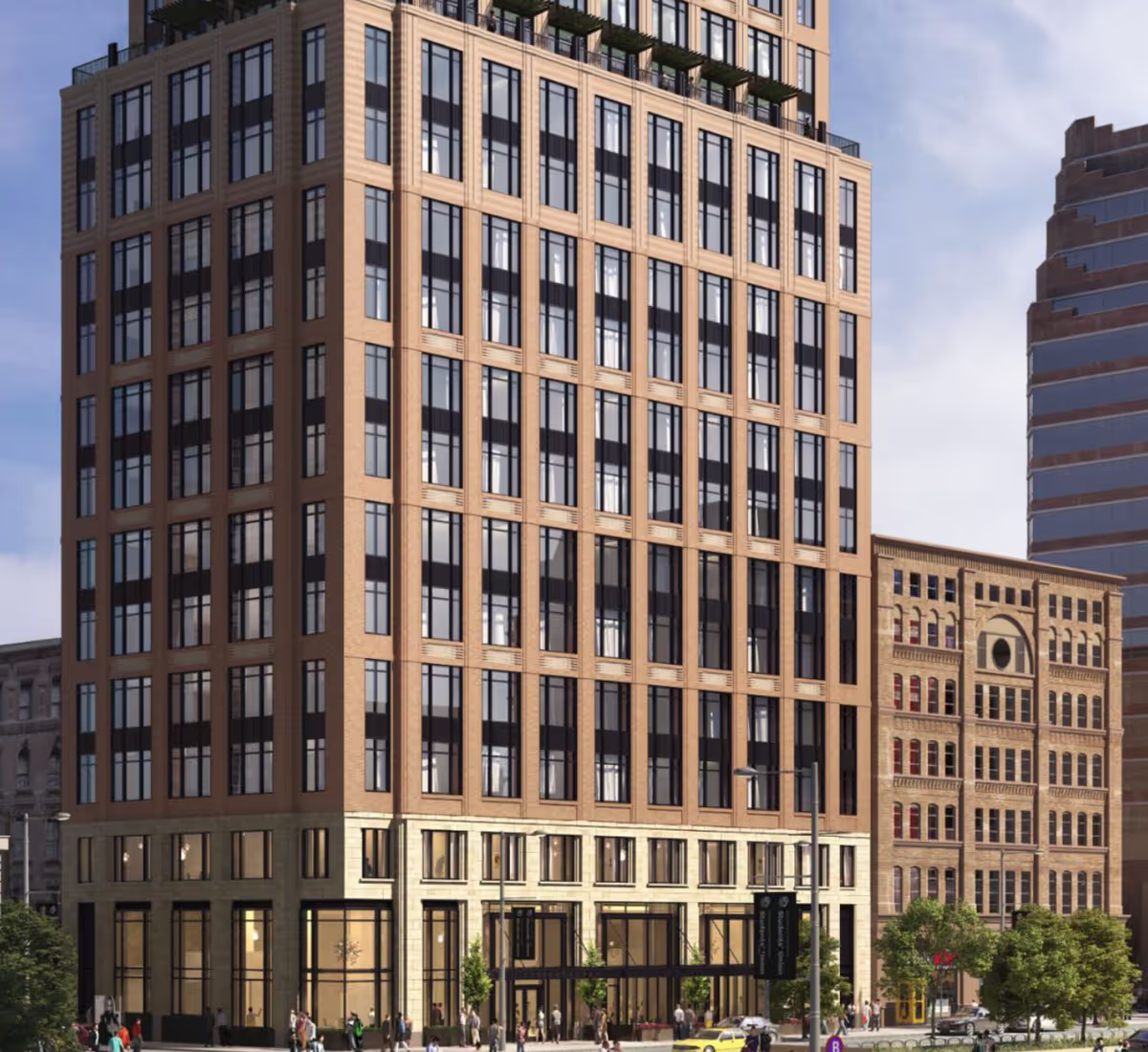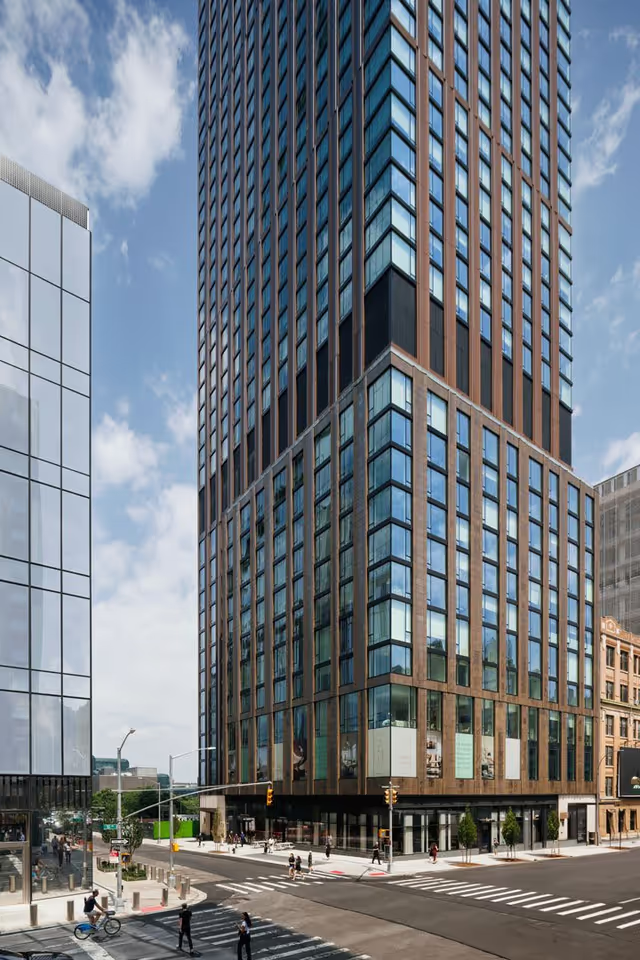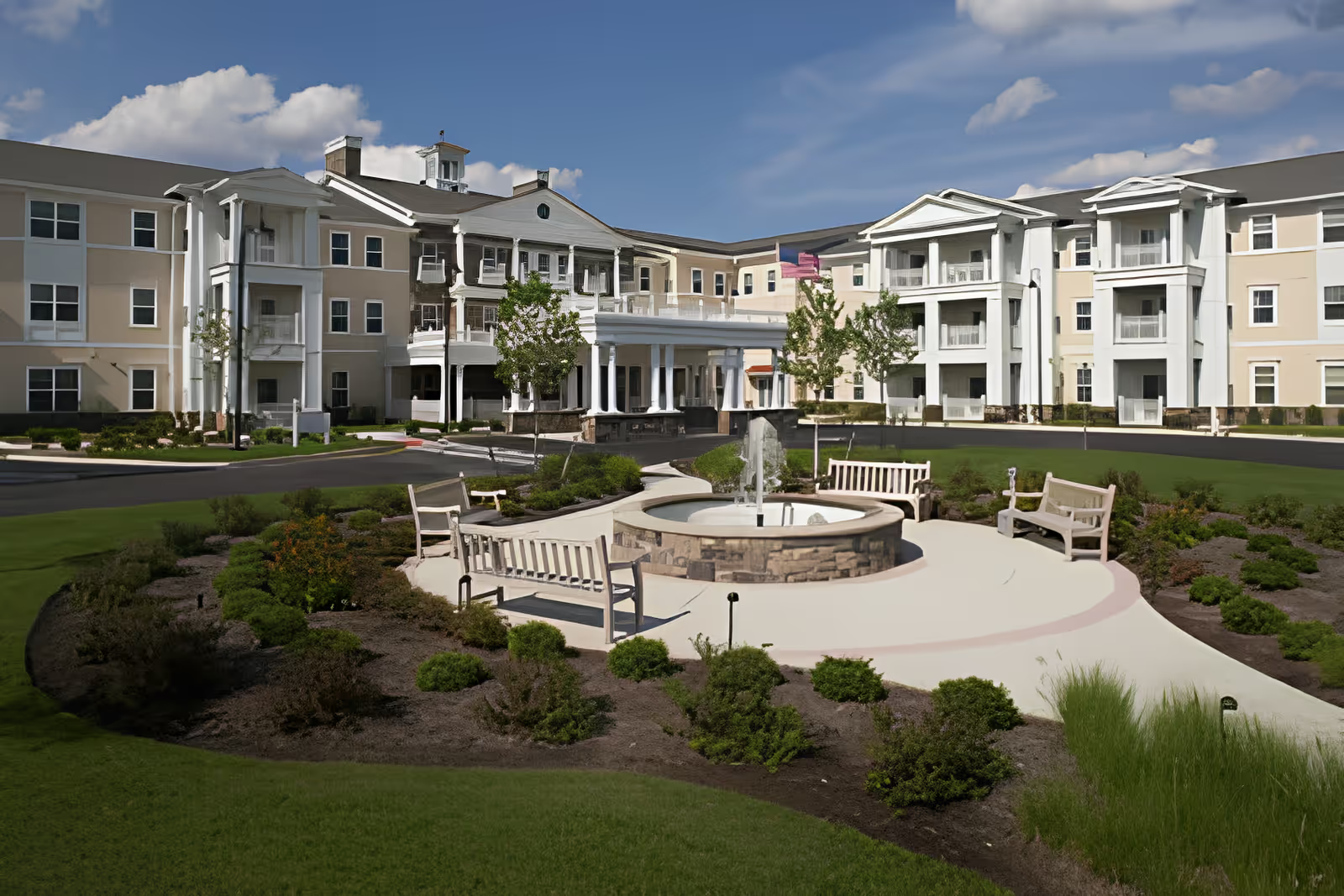Overall sentiment across these reviews is strongly mixed, but leans toward positive for short-term rehabilitation and many day-to-day caregiving interactions. A large number of reviewers praise Berkshire Nursing & Rehabilitation Center for its restorative care: physical and occupational therapy teams receive repeated high marks for motivating, personalized therapy and measurable patient improvement. Many families report effective coordination with outside doctors, quick admissions, and concierge/front-desk staff (notably Mollie/Molly) who create a welcoming first impression. The facility itself is frequently described as clean, bright, modern and recently renovated, with an impressive rehab gym and pleasant smells. Housekeeping and maintenance are commonly praised; staff across roles (nurses, aides, therapists, dietary, cleaning) are often described as friendly, attentive and compassionate. Individual employees and leaders are cited by name with gratitude (e.g., therapy staff, specific CNAs and the DON), and multiple reviews describe outcomes such as full recoveries and patients becoming more active and independent after stays.
However, these positive impressions sit alongside a set of serious and recurring negative reports that significantly affect the overall risk profile. Several reviewers allege severe neglect—most alarmingly, multiple accounts claim staff refused to call an ambulance or provide timely emergency care while a patient was in distress, with outcomes that families characterize as catastrophic. These are not isolated complaints in the dataset and raise substantial safety concerns. Beyond the extreme neglect allegations, there are repeated reports of inconsistent staffing and care quality: many reviewers praise day staff while reporting limited availability or poorer performance on night shifts. Problems described include long response times to call bells, missed heart or other medications, and instances where patients were left unattended for hours. Several reviews also describe poor administrative communication or lack of accountability, with some families reporting that leadership is unresponsive or that HR/external communication processes are inadequate.
Dining and dietary management are another area of mixed feedback. Some reviewers applaud a chef (named Ramon/Roman or Chef Ramon) and describe restaurant-quality meals and attentive dietary staff; others find the food unappealing, report trays being placed while patients are asleep, or say allergy accommodations and dietary requests were not consistently honored. This inconsistency suggests variability in kitchen execution and in staff attention to individualized dietary needs.
Facility condition and activities present a similarly mixed picture. Many reviewers describe the building as modern, fresh, and well-decorated, with a bustling activity schedule, singing in communal areas, and staff who actively encourage socialization. Conversely, other reviewers report overcrowding, certain rooms or communal spaces showing deterioration (a filthy sun room, a wet diaper left unattended, a minor dirty/old area in the back edge of a room), and reports of limited or empty exercise/activity rooms. Theft of personal items (jewelry) is reported in at least one case, with a police report mentioned, which compounds family concerns about supervision and security.
Patterns point to strong strengths in rehabilitation, day-shift caregiving, hospitality and cleanliness—but also to variability in safety-critical care and administrative responsiveness. The dataset suggests that many patients receive compassionate, highly effective rehab care and experience a warm, family-like environment; at the same time, there are repeated, serious allegations of neglect, medication errors, delayed emergency responses, and inconsistent night coverage. Management response is uneven in the reviews: while some families report quick, effective administrative action when issues arise, others describe a culture of silence, slow or absent follow-up, and HR communication problems.
For families evaluating Berkshire, the key takeaways are: 1) the center has a track record of strong rehabilitative therapy, attentive day teams, and a clean, modern facility that many families find outstanding; 2) there are credible, serious negative reports—particularly around emergency responsiveness, night staffing, missed medications, and isolated instances of neglect or theft—that merit careful inquiry. Prospective residents or families should visit in person during day and evening hours, ask about night staffing levels and emergency protocols, confirm medication administration and call-bell response procedures, inquire about how dietary allergies and preferences are enforced, and ask what incident reporting, investigation and family communication policies are in place. These steps can help reconcile the polarized experiences represented here and give families better assurance about safety and consistency of care.







